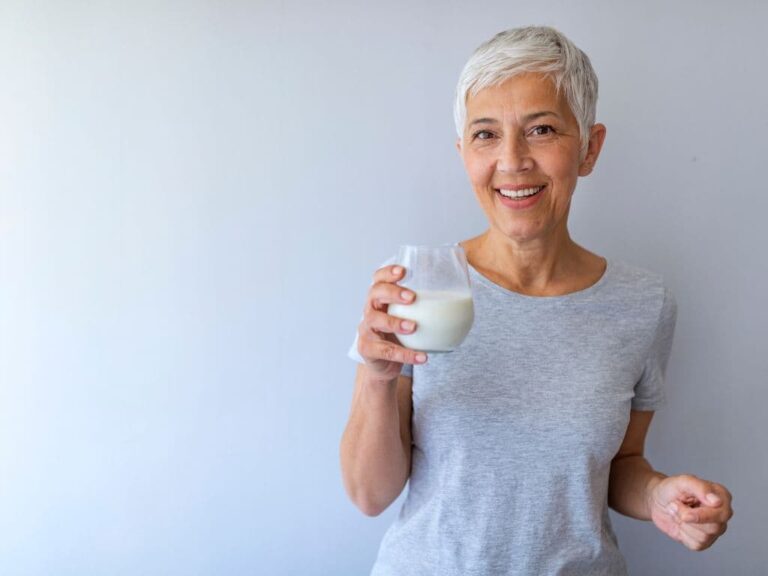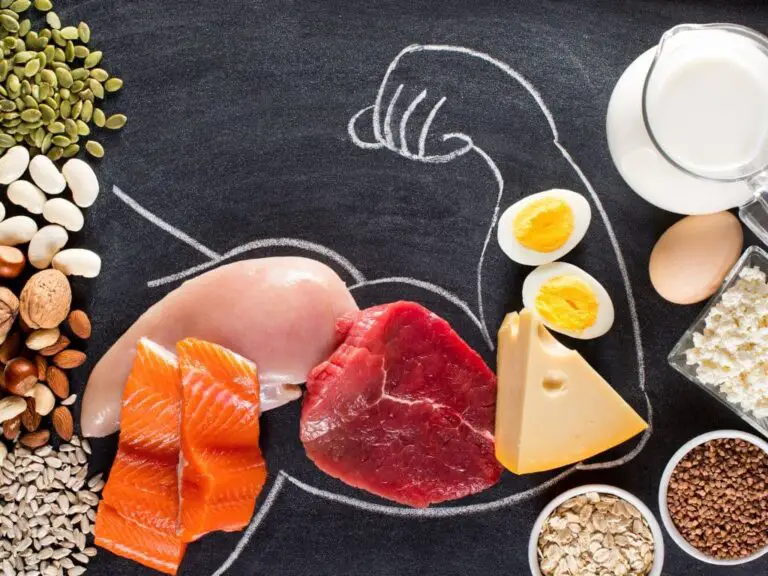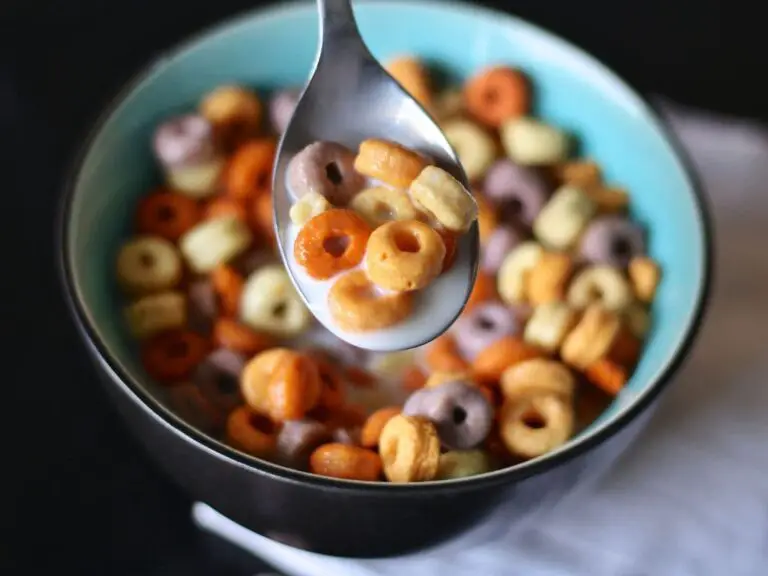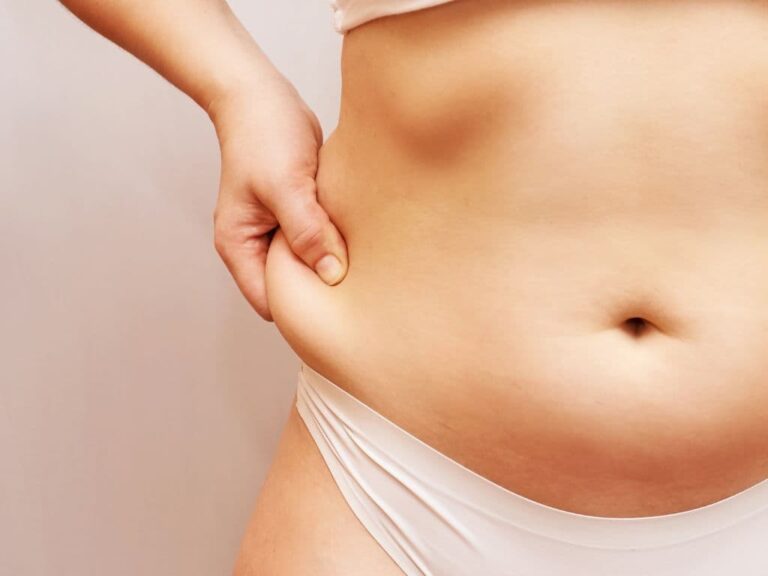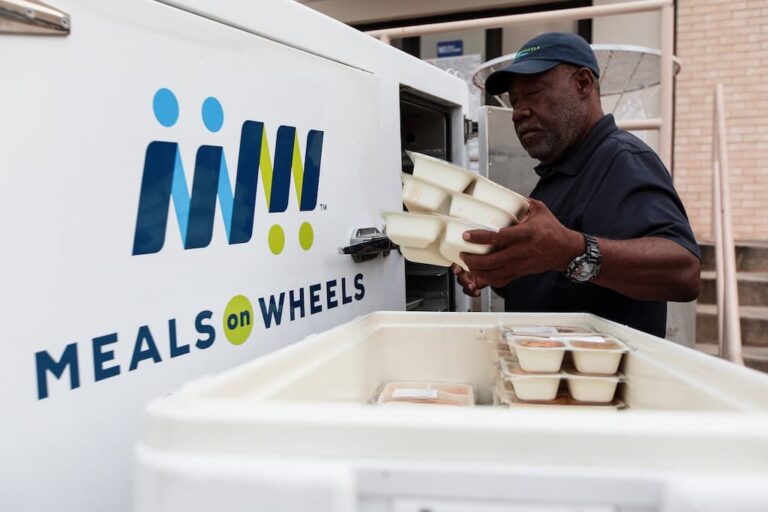How Much Water Should an Elderly Person Drink a Day?
Water is essential for life. Making sure our elderly loved ones are properly hydrated is an important part of caring for their health. But with age often comes a decreased sense of thirst, making dehydration a real concern. Understanding an elderly person’s fluid needs can help prevent problems.
An elderly person’s daily water intake depends on various factors including age, activity level, health status, and environment. However, the Institute of Medicine suggests a general guideline of 3.7 liters for men and 2.7 liters for women. This should be adjusted based on individual needs, with close monitoring for dehydration signs.
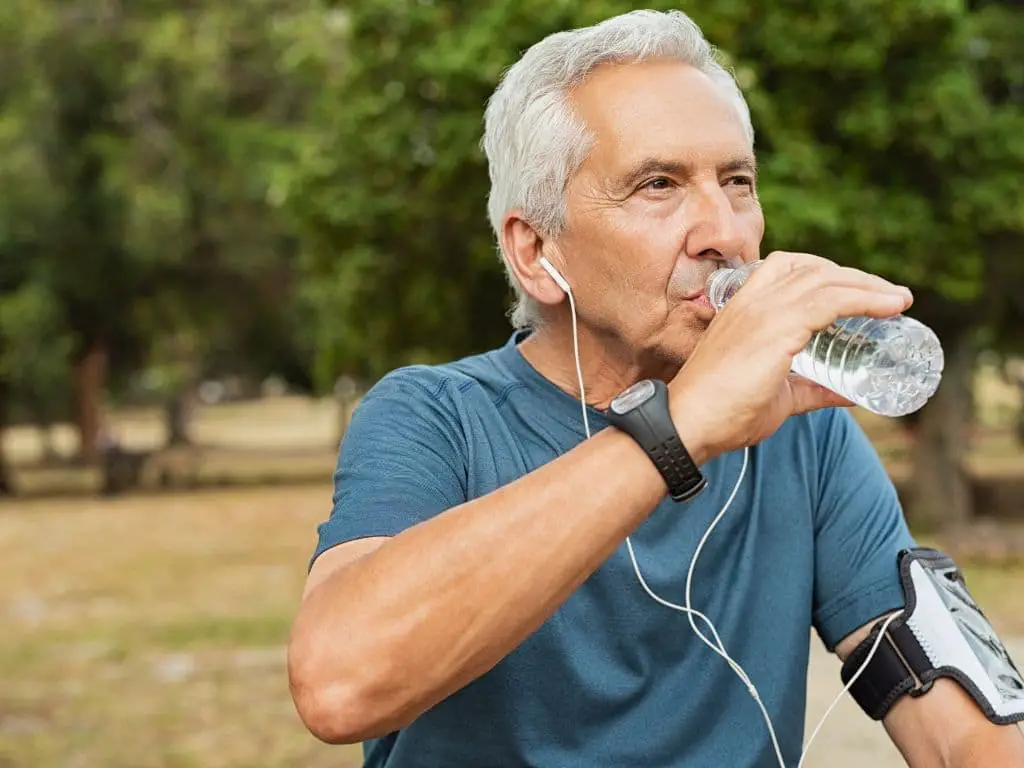
What Factors Determine the Hydration Needs of an Elderly Person?
Many factors influence how much water an elderly person needs each day. As we age, our bodies change in ways that affect hydration status.
Age itself affects hydration needs. People over age 65 have lower overall water content in the body. The kidneys’ ability to conserve water and concentrate urine also declines with age. Older adults have a decreased thirst sensation as well, so they rely more on intentionally drinking fluids.
Activity level plays a role too. The more active an elderly person is, the more fluids they require. This replaces water lost through sweat. Someone who is bedbound needs less than a senior who walks frequently.
Underlying medical conditions like diabetes, dementia, and some cancers increase hydration requirements. Certain medications also lead to fluid loss, including diuretics, blood pressure pills, antihistamines, and laxatives.
And environmental factors matter. Warmer climates, high altitudes, and dry indoor heat all increase fluid needs in the elderly. Air conditioning can help lower needs in hot weather.
Why are Elderly People More at Risk of Dehydration?
A few key bodily changes make seniors especially vulnerable to dehydration.
One is their decreased thirst drive. The body’s thirst mechanism becomes less responsive with age. This means older adults lose a key signal telling them to drink more fluids.
Kidney changes also increase dehydration risk. The kidneys become less efficient at retaining fluids and concentrating urine. This leads to more frequent urination and increased fluid losses.
Certain medical conditions like diabetes insipidus (excessive urination) and diabetes mellitus (elevated blood sugar) boost dehydration risk. And some medications have dehydrating side effects.
All these factors mean seniors should make hydration more of an intentional effort, rather than relying on thirst to dictate fluid intake.
What Health Problems Can Dehydration Cause in Elderly People?
Dehydration can cause serious complications in the elderly. Recognizing these effects early is key.
Mild dehydration may result in fatigue, headache, dry mouth, and dizziness. More severe dehydration can lead to confusion or disorientation from electrolyte imbalances.
Falls become more likely as dizziness and weakness set in. Low fluid volume stresses the cardiovascular system, sometimes producing low blood pressure, fast heart rate, chest pain, or breathing difficulties.
Without prompt treatment, severe dehydration can progress to shock, kidney failure, seizures, or even death. Preventing dehydration through proper hydration avoids these serious outcomes.
What are the Fluid Requirements for a 70-Year-Old Person?
There is no one-size-fits-all amount of waterconsumption for all 70-year-olds. But some general fluid intake guidelines provide a starting point.
For a healthy 70-year-old senior living in a temperate climate and taking no medications, the Institute of Medicine recommends 3.7 liters of total fluid daily for men and 2.7 liters for women. This translates to about 16 cups for men and 11 cups for women.
Around 80% of daily fluid intake comes from drinking water and other beverages. The rest comes from food. Soups, fruits, vegetables, yogurt, and milk contain significant amounts of water.
Adjustments to these general recommendations may be needed based on health status, activity level, and environment. Ongoing monitoring for signs of dehydration is also important.
What are the Fluid Requirements for a 75-Year-Old Person?
Fluid needs do not change significantly between ages 70 and 75. The IOM guidelines of 3.7 liters for men and 2.7 liters for women still provide a reasonable starting point.
However, kidney function may show further decline nearing age 75. Some limitations in thirst sensation and volume retention also progress. So a 75-year-old requires diligent attention to meeting daily fluid intake goals.
Consuming smaller volumes of fluid consistently throughout the day helps compensate for age-related changes. Drinking about 6-8 ounces every 1-2 hours is ideal. Relative activity level and climate impact specific needs.
Ongoing medical monitoring of hydration status through exams and lab testsallows adjusting fluid goals as needed with this age group. Early intervention prevents dehydration-related complications.
What are the Signs of Dehydration in Elderly People?
Catching dehydration early means knowing what subtle signs to watch for. Here are some to look out for:
- Fatigue and general weakness
- Headache
- Dizziness upon standing
- Feeling faint or lightheaded
- Dry or sticky mouth
- Cracked lips
- Dry skin that’s less elastic
- Sunken eyes
- Weak grip strength
- New confusion or impaired concentration
- Constipation
- Dark urine or decreased output
Don’t wait for more severe symptoms before taking action. Early signs already indicate an emerging fluid deficit.
How Can Elderly People Increase Their Water Intake?
Making hydration an intentional daily habit is key. Help elderly loved ones remember to drink more water using these tips:
- Carry a water bottle and take regular sips
- Set phone reminders to drink every 1-2 hours
- Add fresh lemon, berries, or mint to water for flavor
- Drink a full glass before and after exercise
- Consume soups, broths, and yogurt which contain water
- Eat fruits and veggies high in water content
- Limit alcohol and caffeinated drinks which have a diuretic effect
- Place water bottles in convenient locations as visual cues
- Drink from a sizable cup or straw to increase volume consumed
Making hydration fun and establishing set drinking routines helps older adults take in adequate daily fluids.
What Medications Can Cause Dehydration in Elderly People?
Many types of medications can contribute to dehydration in the elderly. These include:
- Diuretics like furosemide which increase urination
- Blood pressure medications such as ACE inhibitors
- Antidepressants like SSRIs
- OTC antihistamines found in allergy and cold medicines
- Laxatives used to treat constipation
- Chemotherapy drugs
- Antipsychotic medications
- Antidiabetic agents like metformin
- Pain relievers including NSAIDs and opiates
If a new medication seems to cause increased urination, discuss alternate options with your doctor. Also drink extra fluids when taking dehydrating medications to avoid deficits.
What Medical Conditions Can Make Elderly People More Prone to Dehydration?
Some medical conditions predispose seniors to dehydration:
- Diabetes – elevated blood sugar causes fluid loss
- Diabetes insipidus – excess urination upsets fluid balance
- Kidney disease or dialysis – impairs fluid regulation
- Congestive heart failure – prevents optimal fluid distribution
- Stroke – may impair swallowing or thirst sensation
- Alzheimer’s or dementia – reduces recognition of thirst
- Chronic diarrhea or vomiting – leads to fluid losses
- Frequent fevers – increase insensible water loss
Managing the underlying condition can help minimize increased dehydration risks. But extra vigilance is still needed.
How Can You Help Your Elderly Loved One Stay Hydrated?
The key is finding ways to promote regular water consumption throughout the day. Strategies family and professional caregivers can use include:
- Provide visual cues like water bottles in every room
- Set phone or watch alarms reminding them to drink
- Offer fluids frequently, like with medications and meals
- Recommend carrying a water bottle when leaving home
- Suggest water-rich foods like fruits if resistant to drinking more
- Use thirst-quenching gels if trouble swallowing water
- Monitor urine color for signs of concentration
- Watch for early dehydration symptoms at each visit
- Notice complaints like headache that may indicate dehydration
- Check weight regularly since fluid loss reduces pounds
- Contact the doctor if you suspect moderate dehydration
With some creativity and persistence, you can overcome obstacles and establish good hydration routines. Ensuring proper fluid intake promotes health and prevents serious complications in seniors.
Frequently Asked Questions
-
How much water should an elderly person drink a day?
According to experts, older adults should consume no less than 1.7 liters per day. That’s 57.5 fluid ounces or 7.1 cups. Which fluids are best to avoid dehydration?
-
Do seniors need protein?
These stressful times cause aging to slow down the processing of protein and make it more difficult for them to retain muscle strength and bone health. Experts suggest that even healthy seniors require more protein to preserve their muscle mass.
-
Is oatmeal good for elderly?
Oatmeal. Oatmeal makes a great breakfast choice for seniors. It is inexpensive and easy to chew. According to the National Digestive Diseases Information Clearinghouse, constipation is a major cause for older people who eat low-fiber foods.
-
What age do you start feeling old?
The average American feels old around the age 47, according to research. The average person starts worrying about the effects of age on their bodies around 50. Americans are concerned about the unstoppable progression of time.
-
Will drinking water lower blood sugar?
It’s Sugar Free February! Did you know that water has the ability to reduce blood sugar by diluting glucose levels in the bloodstream? Drinking water, lots and lots of water can help lower blood sugar levels. It indirectly reduces insulin resistance and helps reduce hunger.
-
What hydrates better than water?
Researchers have shown that milk is better for drinking than sports drinks and water to hydrate. Research has shown that milk is a good source of electrolytes and carbohydrates as well as protein.
-
How do I get rid of apron belly?
Remember that overall health should be the top priority. Any exercise and eating plan must focus on this. An apron stomach is difficult to treat. The only ways to reduce one are through overall weight reduction and surgical/non-surgical options.
-
Do you need to eat less as you age?
SUMMARY – Older adults typically need less calories. Their nutrient requirements are still as important or greater than they were when they were younger. It is therefore vital to eat nutrient-rich whole foods.
-
What should a 70 year old woman eat in a day?
You can eat a variety of food from each of the five food categories: lots of colorful vegetables and legumes/beans, fruit, grain (cereal), foods that are mostly wholegrain or high in fibre, lean meats, poultry, fish and eggs, as well as nuts, seeds, milk, yogurt, and cheese, with a lot of reduced fat.
-
What is the best diet for older adults?
Healthy eating plans emphasize fruits, vegetables, whole grain, low-fat and fat-free milk. They include lean meats, poultry, fish and eggs, as well as legumes, nuts, and are low in trans fats and saturated fats. It doesn’t need to be difficult to eat right.
-
Why do women’s stomachs get big?
Many women find that their stomach fat increases with age. Your metabolism slows down as you age and your body doesn’t burn the same amount of calories. Insulin resistance can lead to extra belly fat, which is difficult to lose by diet alone.
-
At what age does old age begin?
When is it considered “old”? According to the World Health Organisation, most countries in developed nations consider old age as starting around 60 years.
-
What is the miracle fruit that cures diabetes?
Overview. The miracle fruit is an evergreen shrub found in West Africa. As medicine, the berry, seed, and oil can be used. Miracle fruit is used to treat obesity, diabetes and taste problems in patients who have been treated with chemotherapy drugs. However, there are no scientific studies that support this use.
-
What is the best diet for a 75 year old?
Fruits, vegetables, whole grain, fish, meats, seafoods, chicken, eggs, legumes and low-fat milk are all good options. Older adults may need to be careful about how much food they eat.
-
How many carbs should a 75 year old woman eat per day?
Adults over 65 should consume at least 130g of carbs per day.

